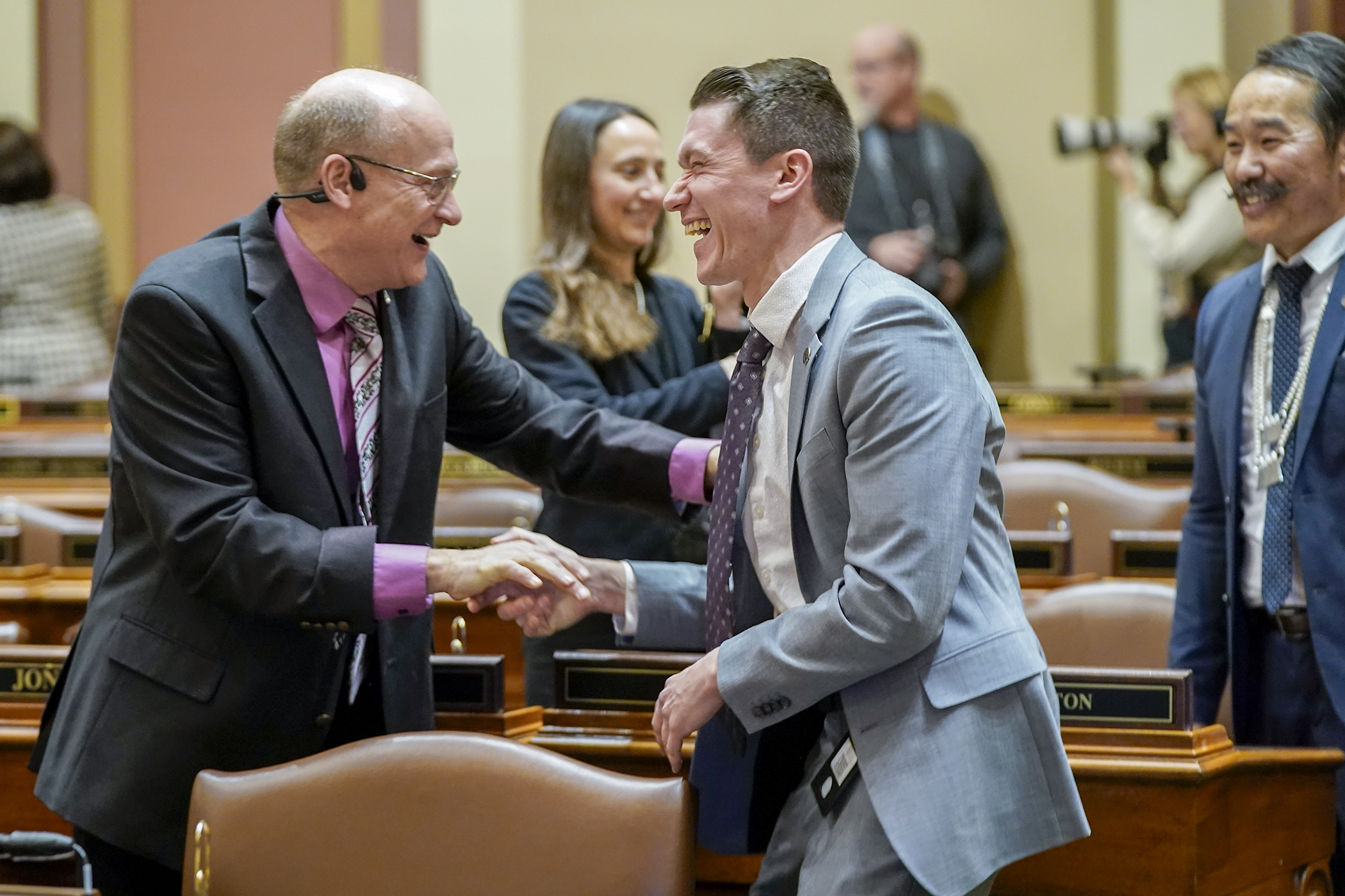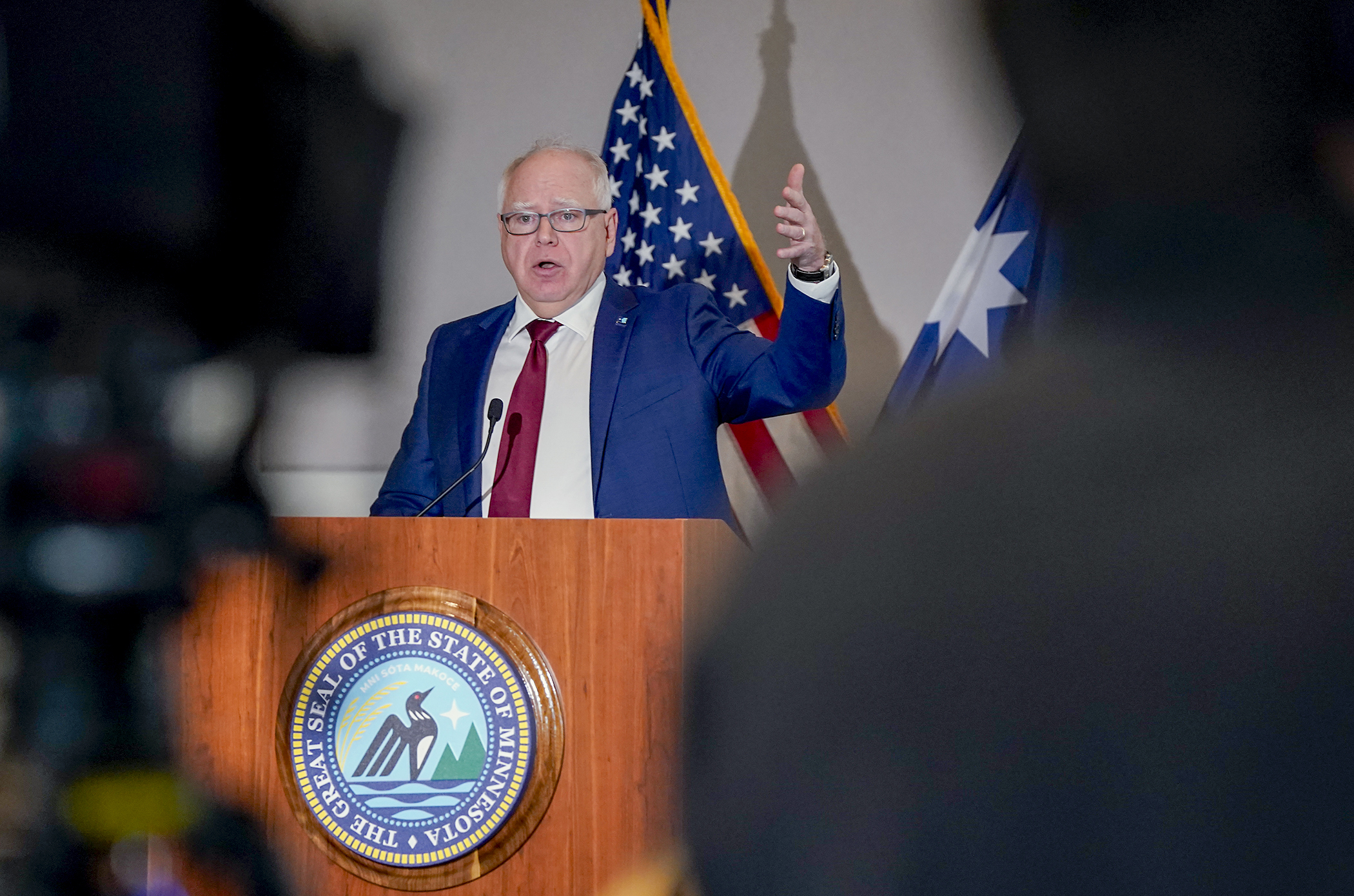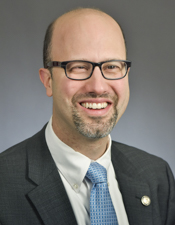Lawmakers aim to bring child care program into federal compliance
Over the past few legislative sessions the state’s Child Care Assistance Program has been under tough scrutiny for a variety of reasons, including reports of fraud and inadequate funding.
After enacting several measures last year to rebuild its integrity, the House Early Childhood Finance and Policy Division revisited the program Thursday during a remote meeting, with an eye on bringing it into federal compliance.
HF4374, as amended, would aim to do that by changing the reimbursement rate that providers who care for eligible children are paid. The change would ensure the state avoids being penalized, and free up approximately $111 million in federal funds available for the program that must be spent within three years.
Sponsored by Rep. Dave Pinto (DFL-St. Paul), the division chair, the bill was approved by the division and now heads to the House Health and Human Services Finance Division. The companion, SF3833, awaits action by the Senate Human Services Reform Finance and Policy Committee. Sen. Karin Housley (R-St. Marys Point) is the sponsor.
The Child Care Assistance Program provides subsidies to low-income families for early childhood opportunities while parents are working or in school.
Under current law, the state’s reimbursement rate for providers is set at the 25th percentile based on the 2011 child care provider rate survey administered by the Department of Human Services. The proposal would adjust the reimbursement rate to be based off the most recent, 2018, survey.
Increased costs during fiscal years 2021 and 2022 would be paid for almost entirely through a surplus of federal Child Care Development Block Grant funds.
“This is something that we’ve got to do,” Pinto said. “It is, in my view, crazy that we would have a lot of federal money sitting in a bank account ready to be spent on child care in our state — when there’s a crisis and we know there’s this penalty coming — that we would not make this change.”
There would be a $53,000 General Fund expense during both fiscal years 2021 and 2022 for the state’s share of Department of Health computer system modifications, according to House nonpartisan fiscal staff. Barring any additional federal funding, the proposed change would increase program costs by $17.5 million in fiscal year 2023 and beyond.
Pinto indicated that it’s likely the state would continue to receive funding, “This federal money has never gone down in its 30-year history.”
Rep. Mary Franson (R-Alexandria) supports bringing the state into federal compliance, but reiterated her ongoing concerns of fraudulent activity happening within the program and shared apprehension for providing additional funding without more assurances that integrity has been restored.
“Going forward, I think my members would feel a lot better if we had some assurances in those bills that our tax dollars, your tax dollars, everyone’s tax dollars, is spent properly,” she said.
Rep. Carlie Kotyza-Witthuhn (DFL-Eden Prairie) shared her concern but felt that measures lawmakers enacted last session are already helping.
“I think the work that we did last year as a committee and the work that the health and human services division has done to ensure some of the changes within the Child Care Assistance Program really, I think, has gone a long way to build confidence back into the program,” she said.
Related Articles
Search Session Daily
Advanced Search OptionsPriority Dailies
Full House convenes for first time in 2025, elects Demuth speaker
By Tim Walker DFL, Republicans convene with a quorum for the first time in 2025 session after agreeing to a power-sharing deal.
DFL, Republicans convene with a quorum for the first time in 2025 session after agreeing to a power-sharing deal.
Walz proposes slimmed-down 2026-27 state budget, sales tax changes
By Tim Walker This is an odd-numbered year, and so the Legislature is constitutionally required to craft a budget to fund the state government for the next two fiscal years.
Gov. Tim Walz...
This is an odd-numbered year, and so the Legislature is constitutionally required to craft a budget to fund the state government for the next two fiscal years.
Gov. Tim Walz...
